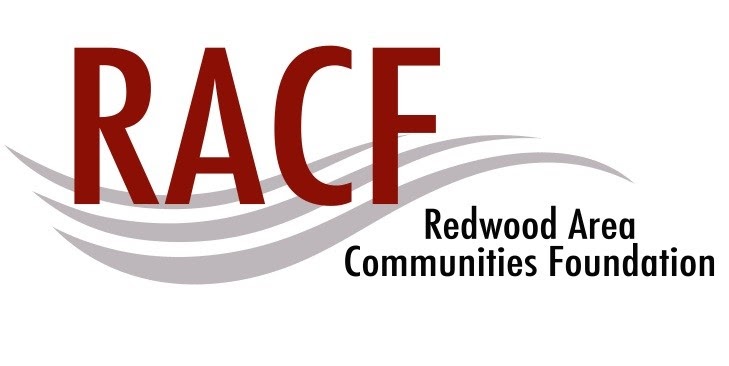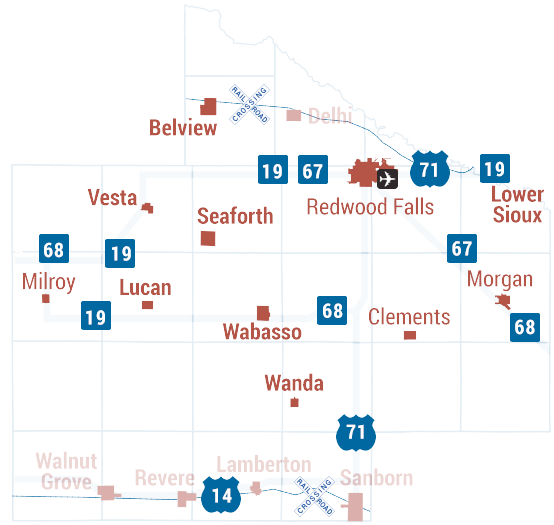News & Events
Local Business Spotlight: Haase’s Meat Market — A Fresh Start for a Trusted Community Locker
A familiar business in Wabasso is getting a fresh start under a new name, but with the same heart and dedication the community has come to expect. Blake Haase, a Wabasso native with strong ties to the area’s agriculture and meat processing industry, is the new owner of what is now known as Haase’s Meat Market.
Blake recently finalized the purchase of the long-standing Wabasso meat locker, bringing his years of experience and strong sense of local pride to the business. The transition marks a full-circle moment for Blake, who first began working at the locker in 2018 under the previous owner. He spent several years learning the ins and outs of the trade—slaughtering, cutting, packaging, and serving customers. His time there helped build not only his skillset, but also a strong understanding of the responsibility that comes with feeding a community.
After an injury temporarily sidelined his work in the locker, Blake took the opportunity to refocus and start something of his own. In 2024, he launched Bear’s Custom Processing, operating independently and serving local farmers with custom meat processing services. That venture reinforced his passion for the industry, and when the opportunity came to purchase the Wabasso locker, Blake saw it as the perfect chance to return to the business on his own terms—with a fresh name and a renewed sense of purpose.
Haase’s Meat Market will carry forward the locker’s usual core services: custom beef and pork processing, deer processing during hunting season, and a full retail counter featuring fresh and smoked meat products. But Blake isn’t stopping there. He plans to expand the retail offerings, and bring in new customers through active local marketing. Regular specials and promotional sales will be shared through social media and local radio ads to keep the community engaged and informed.
The business includes two locations: the primary facility in Wabasso and a smaller building in Wanda, MN, which will be used seasonally for deer hunting during slug season. This second location adds flexibility and capacity during the busy hunting months and helps preserve the locker’s ability to serve both everyday customers and hunters alike.
The locker has long been a staple in Wabasso, serving generations of farm families, local businesses, and deer hunters. Blake understands that legacy and is determined to build on it. With a focus on quality, trust, and service, Haase’s Meat Market isn’t just continuing a business—it’s preserving a community resource and writing a new chapter for rural entrepreneurship.
As Blake puts it, “This is something I’ve always loved doing, and I’m excited to carry it forward under my own name,” Haase’s Meat Market is now open for business, and the community is invited to stop in, say hello, and support this new venture rooted in local pride and hard work.






.jpg)
